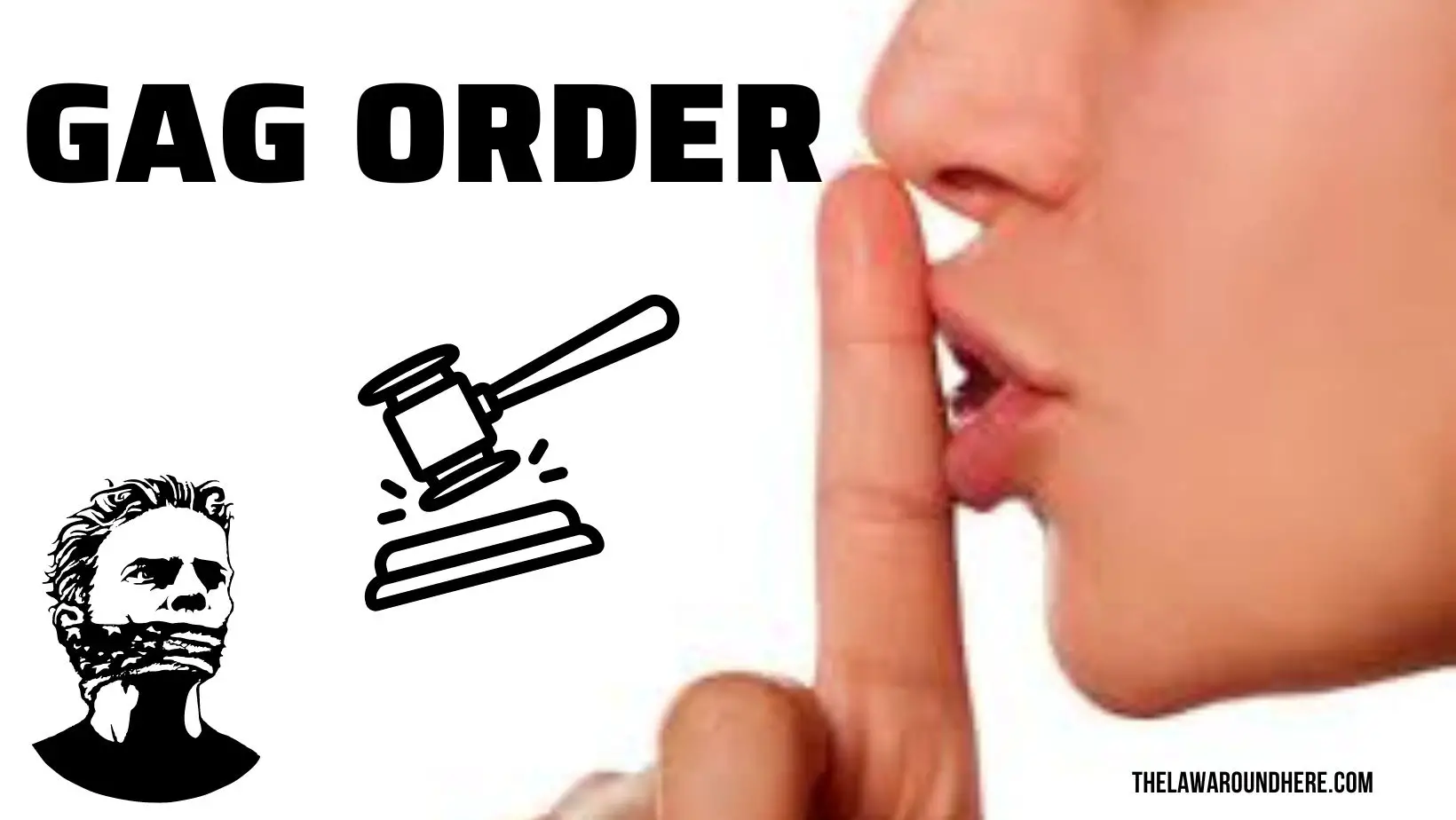- Thread starter
- #21
What makes you think Trump even knows any of that information?Trump is forbidden to mention the names of the jurors or their addresses or phone numbers.
But I would agree with you that he has a right to complain about it being a phony court.
I'm not so sure that bringing the 34 guilty verdicts up would be to his advantage. He's better off making it all about Biden's deficiencies.
Is Biden going to have to stand on his feet for 90 minutes?
Expect a 'commercial' break. or two?



